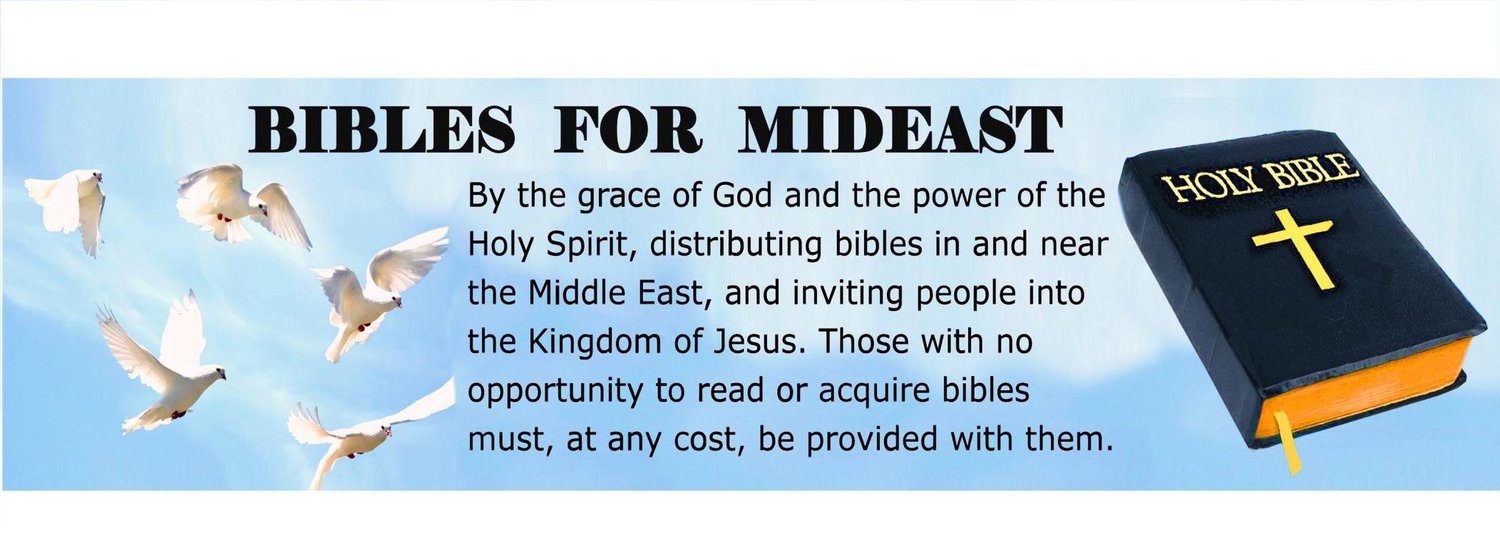Jesus lived—joyfully—within human limits: can we do the same?
/“When Christ came into the world as Jesus to be a human being, that was his promise. Not to do God things as Jesus, but to be a human being. And he kept that promise faithfully, all the way through. He could have avoided the cross, but he didn’t, he kept his promise, to be human.”
— Madeleine L’Engle, in a 1996 talk to the Calvin Center for Faith and Writing
What if the things we most fear about our bodies―our vulnerability to illness and pain―are exactly the places where God meets us most fully?
Chronic pain began tormenting Liuan Huska in her early 20s.
“If God could heal me, why didn’t He?” she wondered. If God knew what was wrong, why wouldn’t he show her, or her doctors, how to fix it? After a few years of bewilderment, she eventually pushed through and pulled up the bigger questions too many Christians either ignore or offer ‘too-pat’ answers for.
A closer reading of the Christian story showed her clearly how God embodied Himself in human flesh as Jesus: “one who in every respect has been tested as we are,” (Hebrews 4:15) and “subject to weakness” (Hebrews 5:2).
“For all the words we use to label God,” she wrote in a recent post on the BioLogos website, “we can forget the name He called himself: Emmanuel (Matt. 1:23). This is Hebrew for God with us. In Jesus, God doesn’t manifest as all-powerful, all-present, or all-knowing. Certainly, He may be those things, and showed His power through healings, wisdom, and knowledge. But the chief quality God highlighted in Christ was not doing but being. Being with; feeling with; suffering with.”
Liuan finds herself relating well to the disabled and others with debilitating health conditions. Too often, she says, those with disabilities “dwell in the margins of church and society, seen as problems to address or people to help.”
“Yet here we are, still human,” she writes. “Still made in the image of God. Perhaps, even, we reveal aspects of God—a God who embraced human limits and knew weakness—that others prefer to ignore.”
“If Christ can be God risen from the dead and still hold in his body some level of blemish and brokenness, we have to question whether our visions of wholeness are really shaped by the Scriptures, or by society.”—Liuan Huska
“If the church can manifest this aspect of God’s character more faithfully,” she concludes, “descending into human pain as Christ did, we may yet reveal to the world the relevance and saving power of the Gospel.”
___________
Liuan Huska is a freelance writer and author of the book Hurting Yet Whole: Reconciling Body and Spirit in Chronic Pain and Illness. She lives in the Chicago area. You can read her original post at the Biologos website here.





